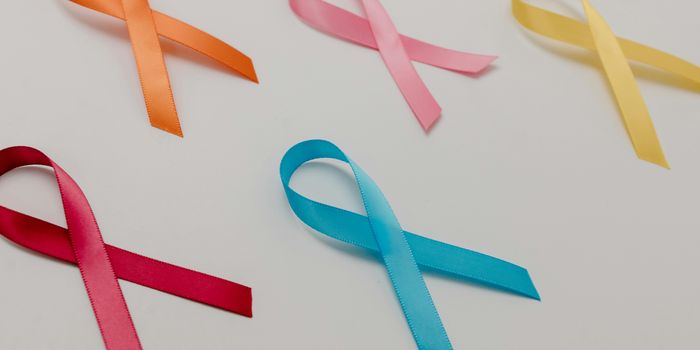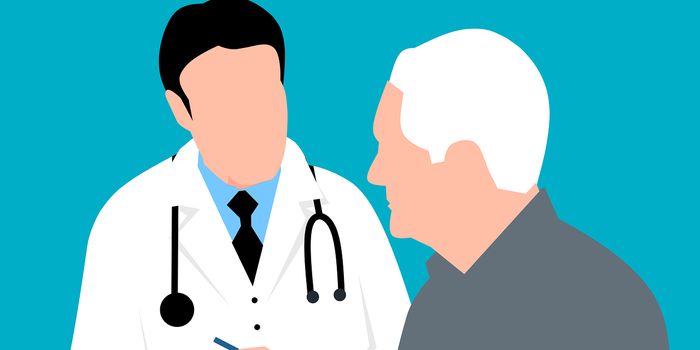Can Chemotherapy Be Improved?
With all of these "new and improved" methods to treat cancer, such as immunotherapy, nanotechnology, and genetic-based personalized treatment, where does chemotherapy (chemo) stand now? Is it going the way of mercury treatments, or does it still have some use? Are researchers even trying to optimize chemo anymore? Well, it turns out that there are some researchers working on ways to improve chemo, as it is still the first course of treatment for many. A 2015 book published by Expanded Academic ASAP, Future Oncology, includes a chapter written by Dr. Thomas Mehrling of Mundipharma EDO GmbH, Basel, Switzerland, called "Chemotherapy is getting 'smarter'" details the advancements made in chemotherapy in the last decade.
Photo source: Adobe Shutterstock (with permission)
In this chapter, Dr. Mehrling describes exactly how chemo is getting "smarter". It is doing so by specifically targeting and killing tumor cells without affecting healthy cells. This represents a giant step forward in cancer treatment, with novel chemo drugs being able to tell the difference between tumor cells and normal cells. This is a pretty advanced step from the usual regimen such as CHOP (cyclophosphamide, hydroxydaunomycin, vincristine, and prednisolone) for lymphoma, melphalan-prednisone for multiple myeloma or platinum-based therapy for lung cancer. These were your typical treatment options. Unfortunately, mortality rates remained high.
Previous attempts to tweak chemo treatment included "high dose chemotherapy", where escalating doses of drugs are administered over time to decrease the likelihood of developing drug resistance. However, this method has extremely adverse side effects due to toxicity. In fact, toxicity is the most significant issue in the use of high-dose chemo which could require prolonged hospitalization. Furthermore, and most importantly, this form of chemo treatment has not led to decreases in mortality rates.
Cancer treatment is becoming more and more targeted, chemo included. In recent years, new targeted therapies have emerged, including immunotherapy. The combination of new targeted therapies and existing chemo has resulted in considerable improvement in outcomes. Some clinicians believe that treatment with chemo could become redundant. Nevertheless, scientists followed-up on these improved prognoses and started to develop similar drugs, ones with an improved risk/benefit profile.
Photo source: Pexels.com
So where is chemo now? According to Dr. Mehrling, chemo "now finds itself at crossroads". According to him, chemo is about to evolve, more effectively targeting tumor cells while ignoring healthy cells. There are emerging trends, such as immunotherapy and cytotoxic therapy using nanotechnology. Chemo is now considered as an adjunct therapy and is used primarily for certain cancers that need targeted cytotoxic treatment.
For example, those very highly toxic chemotherapies, too toxic to give alone, could be given at a reduced dose alongside a tumor-specific antibody. This combination treatment has resulted in significantly improved outcomes for patients, especially for Hodgkin's lymphoma. These encouraging results translated into drugs which quickly made their way to the market through accelerated regulatory pathways for potential life-saving therapies.
So, for now, chemo is not going away. Instead, it is being used alongside groundbreaking discoveries and novel treatment methods. Chemo drugs have been used primarily for their overall toxicity. They are great drugs for killing rapidly growing cells. However, historically they killed any fast-growing cells, leading to very harsh side effects. This is Dr. Mehrling's basic point: drugs that can differentiate "good" from "cancer" cells can have tremendous therapeutic potential. These drugs are indeed getting "smarter".
Sources: jmvh.org, www.cancer.org, Future Oncology, Pharmacy & Therapeutics, Drugs, www.News-Medical.net










